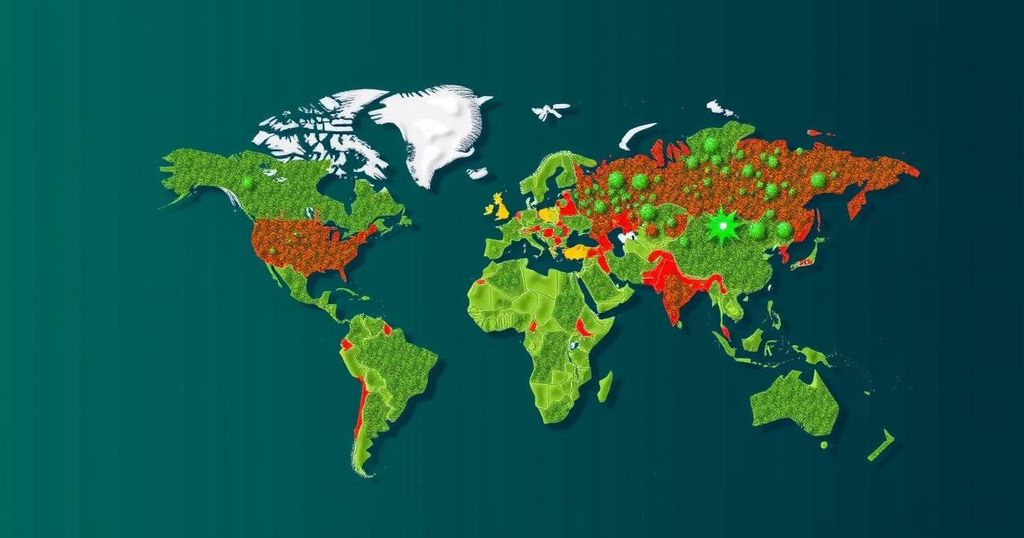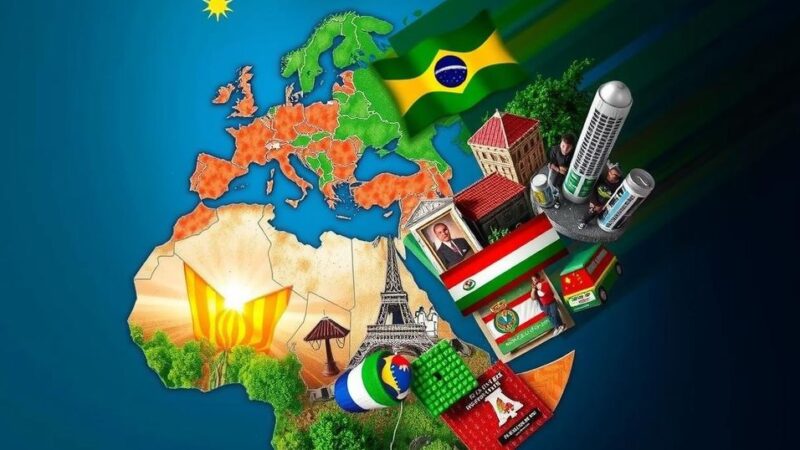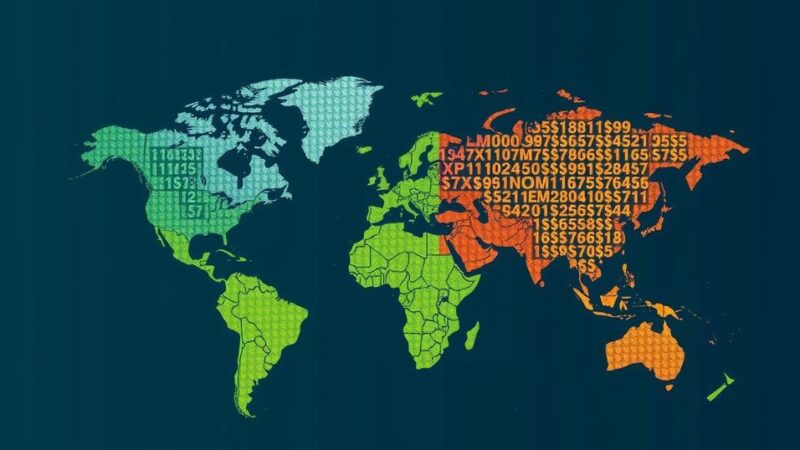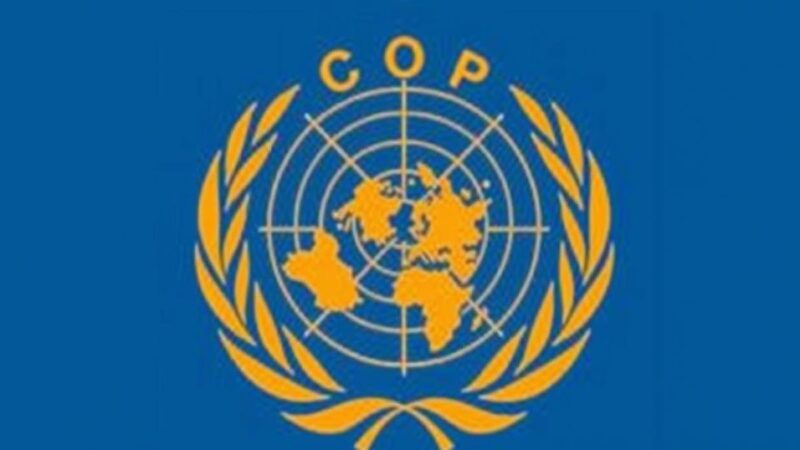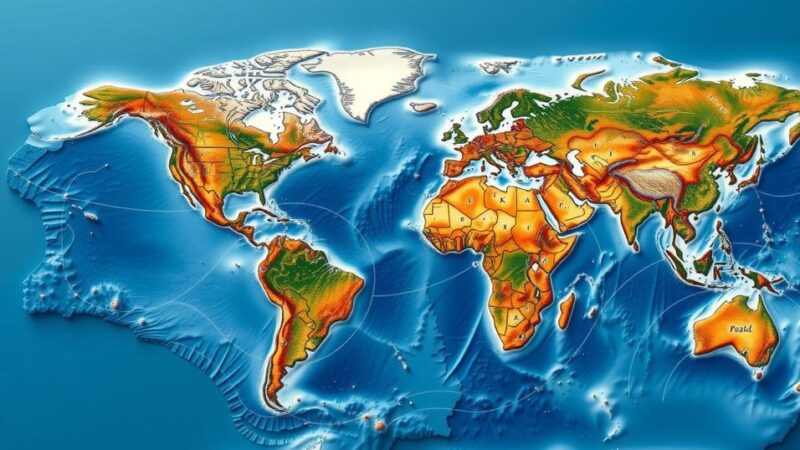At COP29, developed nations pledged $300 billion annually for climate action, aiming to raise this to $1.3 trillion by 2035. However, developing nations criticized this funding as insufficient, prompting calls for greater financial support. Key figures from the U.N. have emphasized the need for more ambitious efforts amidst the backdrop of escalating climate crises and record temperatures.
At the recent U.N. Climate Change Conference (COP29) held in Baku, developed countries made a significant pledge to allocate $300 billion annually in efforts to combat climate change. This funding is intended to rise to $1.3 trillion by the year 2035. However, representatives from developing nations have voiced strong criticism, arguing that the promised funds are insufficient to address the profound challenges posed by the climate crisis.
U.N. Secretary-General Antonio Guterres acknowledged the commitment but emphasized that it is inadequate in meeting the ambitious goals necessary to combat climate change effectively. He noted, “The $300 billion annual funding falls short of addressing the immense challenge we face.” In concurrence, Simon Stiell, the Executive Secretary of the UNFCCC, urged nations to enhance their efforts as COP30 approaches, stating, “There’s still much work to do. We must double our efforts before next year.”
Developing nations, including India and those from the African continent, expressed frustration over the deal’s perceived limits. Chandni Raina, representing India, described it as an “optical illusion” failing to tackle the considerable challenges ahead. Additionally, Tina Stege of the Marshall Islands criticized the funding’s inadequacy, stressing it leaves “vulnerable nations with just a fraction of the resources they urgently need.” Sierra Leone’s delegate further underscored this sentiment, accusing developed nations of exhibiting a “lack of goodwill.”
This agreement underscores the continuing friction between developed and developing countries regarding climate financing. Vulnerable nations argue that they are disproportionately affected by climate change, yet wealthier nations do not provide adequate support.
The urgency of this discussion is amplified by data from the EU’s climate observation platform, Copernicus, which indicates that 2024 is on track to become the hottest year on record. Average global temperatures for the first ten months of 2024 were recorded at 0.71°C above the average from 1991 to 2020, underscoring the immediacy of effective climate action.
As COP30 draws nearer, there will be mounting pressure on developed nations to fulfill their financial promises and adopt a more equitable approach to climate financing. Developing countries are persisting in their demands for increased contributions from major greenhouse gas emitters such as the United States, Canada, China, and Gulf states.
The ongoing discourse surrounding climate change financing highlights a critical divide between developed and developing nations. Developed nations, often responsible for significant historical emissions, have pledged various funding mechanisms to assist in climate mitigation efforts per international agreements. However, developing countries argue that these commitments frequently fall short of their needs, leading to heightened tensions and calls for enhanced accountability and support from wealthier nations.
In summary, while developed nations have pledged substantial funding to combat climate change, many developing countries remain skeptical, viewing the commitment as inadequate. The emphasis from U.N. officials on the need for increased action reflects the broader urgency of addressing climate change impacts. As COP30 approaches, it will be vital for wealthier nations to reassess and fulfill their commitments to foster a more collaborative and effective global response to this pressing issue.
Original Source: www.turkiyetoday.com
